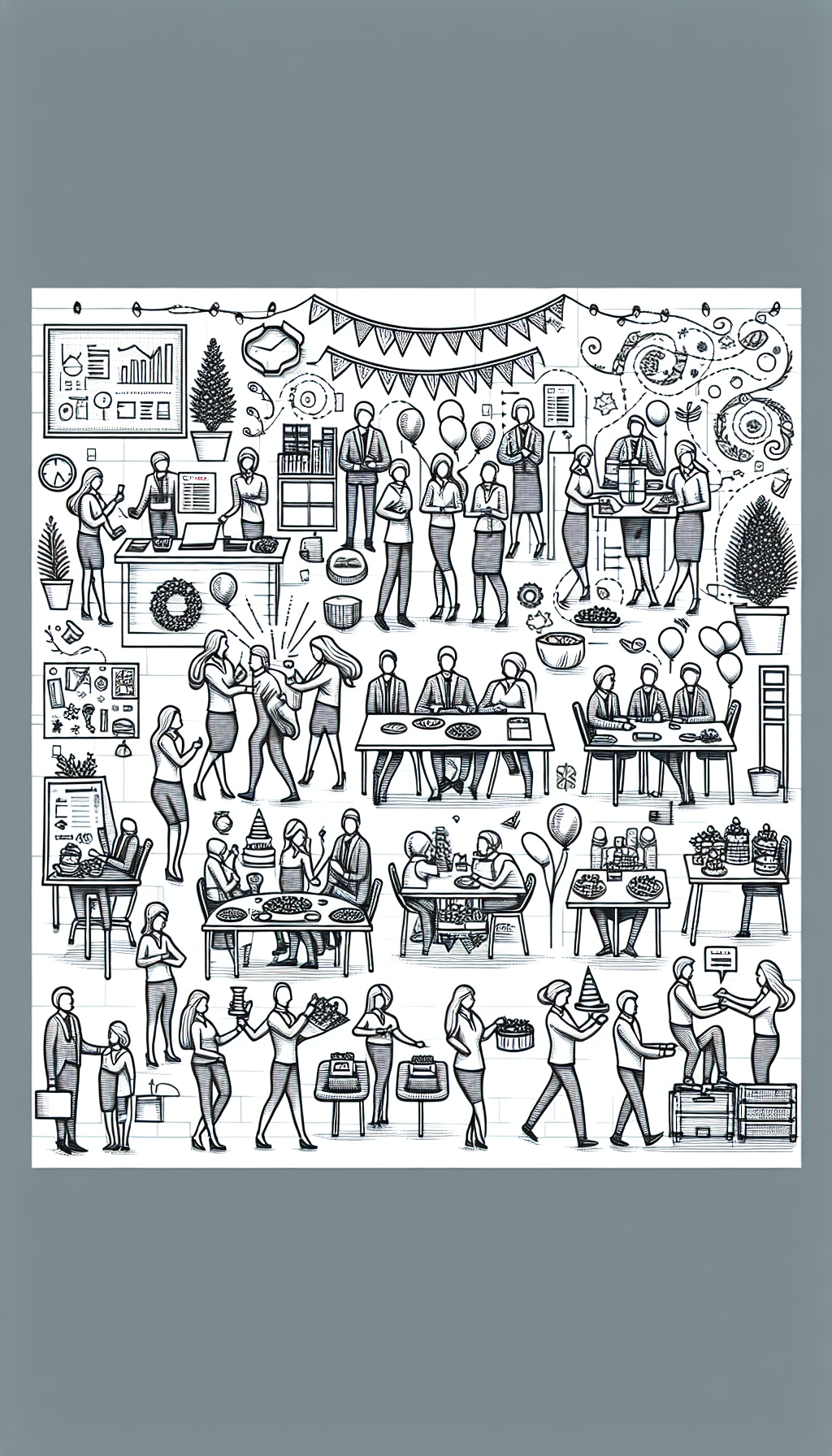Adapting Company Traditions in a Digital Age: Cultivating a Dynamic Business Culture
Company Traditions: An Integral Part of Business CultureCompany traditions are an essential part of the business culture, shaping the way businesses operate and amplifying the values and ethos they stand for. These traditions range from unique rituals to annual events, and they play a pivotal role in defining companies’ identities. With digitalization and globalization permeating every sector, traditions are evolving to reflect these dynamic changes, creating a blend of the conventional and the innovative.
One of the best examples illustrating the evolving nature of company traditions is the recent premiere of ‘Cooking Sessions With Tamar & Ms. E’ on CLEO TV. The show not only fosters a sense of community and unity but also exemplifies Black excellence, embodying the company’s tradition of promoting cultural diversity and inclusivity. It encapsulates the brand’s commitment to creating spaces that celebrate and amplify underrepresented voices. Moreover, it reinforces the idea that company traditions are not just about following long-established practices but also about building connections, initiating dialogues, and fostering healing.
On the other side of the globe, traditions took a different, more tech-advanced shape during the Mahakumbh festival. Brands seized the opportunity to engage audiences in unique, tech-savvy ways that veered away from direct sales and focused more on providing utility. Innovations such as LED van-based screens and advanced apps transformed traditional advertising methods, offering greater visibility and convenience. The approach was a distinct departure from traditional marketing strategies, demonstrating how company traditions can evolve with technological advancements.
These examples highlight that while company traditions form the backbone of business culture, they need not be static or outdated. Instead, they can adapt and transform, reflecting societal, technological, and cultural shifts.
Such flexibility ensures traditions stay relevant and continue to serve their purpose of unitifying and defining companies’ identities.
In today’s fast-paced, digitally-driven world, traditions that embrace change and innovation are the ones that thrive. They not only appeal to a broader audience but also ensure that companies remain competitive and relevant in a constantly evolving business landscape. In this light, the incorporation of technological advancements into traditional practices is less of a disruption and more of an evolution.
While many may fear that digitalization may lead to the loss of company traditions, these instances prove otherwise.

Instead of eroding traditions, technology can enhance them, creating richer, more engaging experiences that resonate deeply with today’s digital natives. Whether it’s through a televised cook show celebrating culture or a tech-driven advertising strategy at a religious festival, traditions are alive and well, just served up in a new, contemporary format.
So, whether you’re a small business owner or a corporate giant, it’s time to recognize that traditions are not archaic relics of the past. They are dynamic, evolving entities that, when adapted to the times, can strengthen your brand, foster a strong company culture, and connect with the audience on a deeper, more meaningful level.